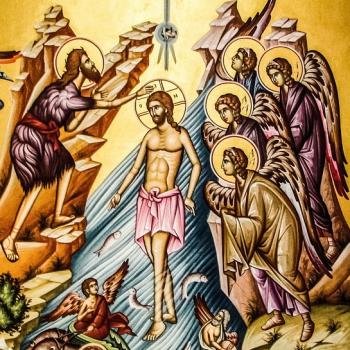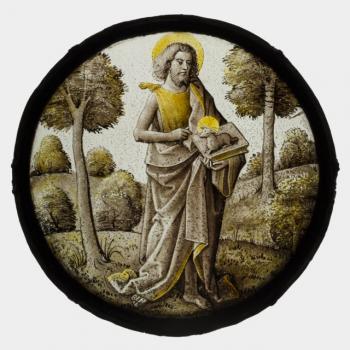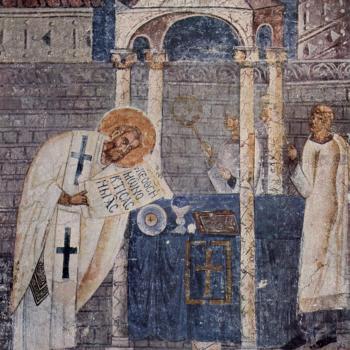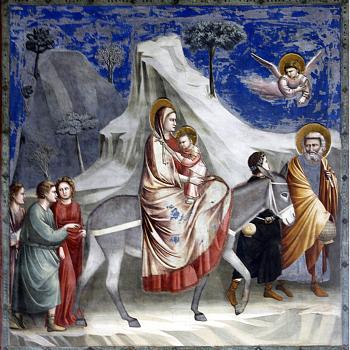God’s revelation always serves as a vessel for grace. We must open ourselves to that grace, the point of such revelation, and not become overly attached to the vessel of that grace. We must embrace the spirit of the revelation if we want to receive its fruit. When revelation comes to us in the form of some locution, and we receive a text from it, we must engage the spirit of the text, and not be overly concerned with the... Read more

















